The loss of industrial knowledge vs. the gains with AI

A Q&A with Sam Zheng of DeepHow.
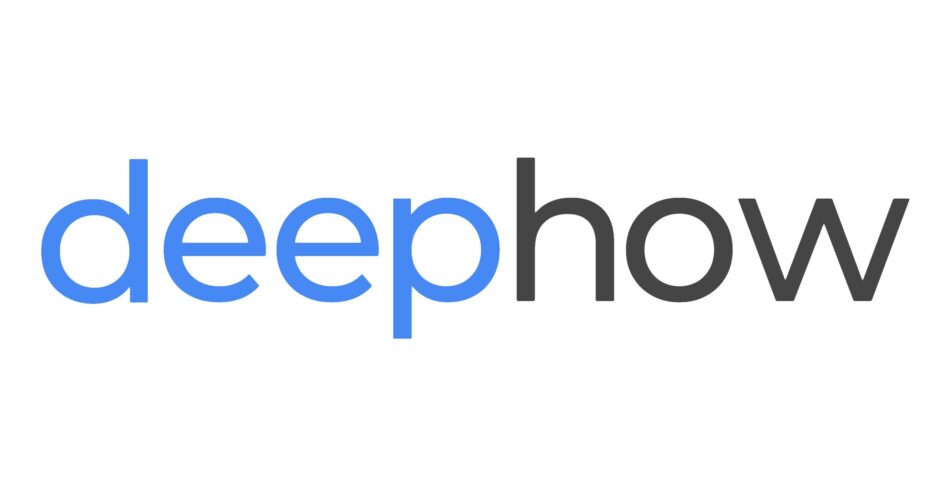 Retiring workers are leaving factories and taking their decades of know-how with them. Artificial intelligence is being used (by savvy manufacturers, at least) to retain that knowledge. But it ain’t always easy to do. Here we chat with Sam Zheng, CEO and co-founder of DeepHow, to learn about the challenges, opportunities and methods to convert human smarts into AI. Take a look…
Retiring workers are leaving factories and taking their decades of know-how with them. Artificial intelligence is being used (by savvy manufacturers, at least) to retain that knowledge. But it ain’t always easy to do. Here we chat with Sam Zheng, CEO and co-founder of DeepHow, to learn about the challenges, opportunities and methods to convert human smarts into AI. Take a look…
Smart Industry: Is the industrial-workforce challenge as dire as reported?
Sam: Indeed, the current challenges facing the industrial workforce are as severe as reported. First, we’re faced with an impending skills gap due to annual retirements nearing 4 million workers in the US alone. This leaves a substantial void in the workforce that is not easily filled, particularly in specialized fields. Secondly, the digital transformation sweeping across industries requires a staggering 17 million workers to reskill or upskill to meet these new demands. As technology rapidly evolves, so too must our workforce. The ability to adapt, learn, and apply new skills will be paramount. Furthermore, an increasing number of executives are looking to reshore their global supply chains and operations to the US. This move, while advantageous for several reasons, necessitates a workforce that’s adequately prepared to accommodate this shift.
The magnitude of the problem is immense. A skills gap is estimated to pose a one-trillion-dollar challenge, as outlined in reports from renowned organizations such as McKinsey and CNN. This is not just a workforce challenge but a significant economic one.
So, while it’s a daunting situation, it’s also an opportunity—a chance for us to invest in our workforce, to reimagine the way we approach training and development, and ultimately to build a more resilient and agile industrial sector.
Smart Industry: How severe is the loss of institutional know-how going to be as Boomers retire?
Sam: The retirement of the Boomer generation marks a turning point for industries worldwide. Boomers brought a unique approach to the workplace that’s quite distinct from that of the Millennial and Gen Z generations. They are known for their strong work ethic, unwavering loyalty, and dedication to a single employer, often spending entire careers at one organization. This dedication led them to cultivate deep knowledge and expertise in their respective roles.
The impact of their retirement extends beyond mere numbers. It equates to a significant loss of institutional know-how that has been built over decades of service. What makes this transition particularly challenging is that many organizations lack the infrastructure and mechanisms to effectively capture the knowledge that Boomers are taking with them. This poses a significant threat to business continuity and efficiency.
Moreover, replacing this invaluable experience is not a straightforward task. Unlike their predecessors, younger generations tend to job-hop more frequently. This means that employers not only need to attract new talent but also create environments and opportunities that foster loyalty and engagement.
Thus, the retirement of Boomers isn’t simply a demographic shift. It’s a critical juncture that calls for a strategic re-evaluation of knowledge management and workforce development practices. As the torch is passed to younger generations, businesses must be proactive in preserving the wisdom of retiring Boomers while nurturing the potential of their successors.
Smart Industry: How do smart tools / automation / AI come into play here?
Sam: AI and smart tools are game changers, particularly when it comes to mitigating workforce challenges. They offer potent solutions to problems such as knowledge retention and efficient training. AI, in particular, serves as an invaluable tool in the quest to retain knowledge, streamline training, and enhance the overall learning experience within an organization. With AI, we can build a resilient workforce ready to thrive in the digital age.
AI technology has outstanding capabilities when it comes to information collection. It’s more than just an insight generator—it’s an active participant in the learning process. AI platforms can dissect video content, capturing essential information in real time. They can transcribe and translate audio into multiple languages, ensuring accessibility for diverse teams. Furthermore, AI can segment the video into step-by-step instructions based on the context, turning a continuous video into an easy-to-follow guide.
Smart Industry: Why is video best suited for this type of knowledge transfer?
Sam: Indeed, video stands as a premier medium for knowledge transfer, particularly in our digital age dominated by smartphones, social media platforms, and streaming services, like TikTok, YouTube, and Netflix. It’s no secret that Millennials and Gen Z—two significant components of our workforce—are drawn to video content. This preference extends to their learning habits as well. Observing experts in action provides a practical, engaging, and immersive learning experience that is often more effective than text-based instructions.
Substantial research underscores the efficacy of video learning. Video:
- Facilitates deep learning: Videos can support comprehensive understanding by showcasing real-world applications and processes, allowing learners to visualize concepts in practice.
- Fosters authentic connections: It can build genuine relationships with trainees, enhancing the learning experience.
- Conveys procedural and implicit knowledge: Demonstrations offer clarity that written explanations might lack. Once a video is created, it can be easily updated, reused, and accessed, allowing more time for live discussions and engagement between experts and trainees. With these advantages, it’s essential for operations leaders and learning & development (L&D) professionals to embrace video learning.
Smart Industry: What do you find most encouraging about the near future of AI in the industrial space?
Sam: At DeepHow, we are excited about leveraging the transformative power of AI technology to turn every skilled worker into an expert. Our mission is to make knowledge transfer and training not just frictionless, but also enjoyable and cost-effective. In contrast to notions of AI replacing the human workforce, we truly believe in harnessing AI to amplify human potential.
What excites me most about the future of AI in the industrial space isn’t just the advancement in technology, but the potential it has to empower individual workers. The prospect of using AI to enable every single worker to excel, to reach new heights in their professional capabilities, is truly invigorating. It’s about using AI not as a replacement, but as a powerful tool to augment human skills and knowledge.
In essence, the near future of AI in the industrial sector lies in its potential to democratize expertise and propel productivity. It’s this vision of a future where every worker is an expert, enabled by AI, that inspires us.
![]() Source: Smart Industry
Source: Smart Industry
RECENT NEWS FROM DEEPHOW:
DETROIT, April 27, 2023 /PRNewswire/ — DeepHow, the AI company that turns technical know-how into smart, how-to training videos, has closed $14M in Series A funding. Owl Ventures, a specialist in education technology investing, led the round, with participation from another new investor: LG Technology Ventures. Existing investors Sierra Ventures, Qualcomm Ventures, Osage Venture Partners, and Foothill Ventures also participated in this round. Read more:
RELATED CONTENT:
AI, Artificial Intelligence, Reshoring, Workforce / Skills Gap

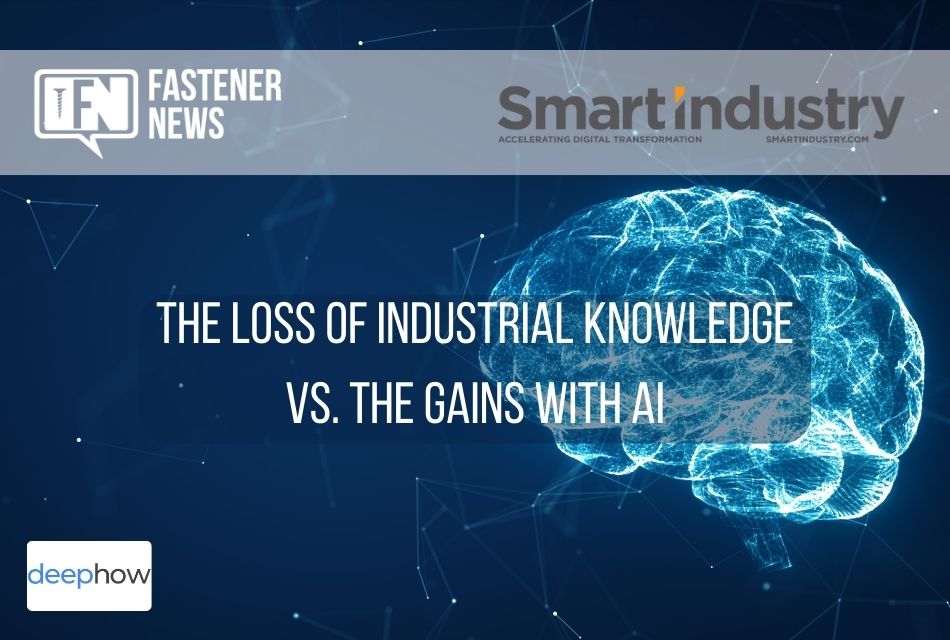

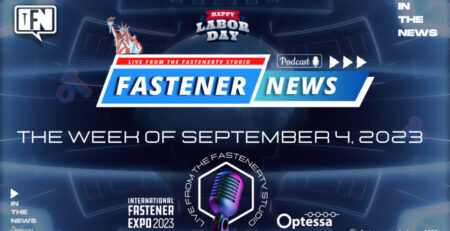


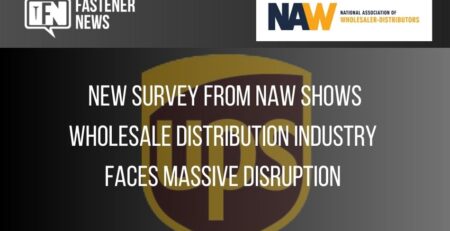

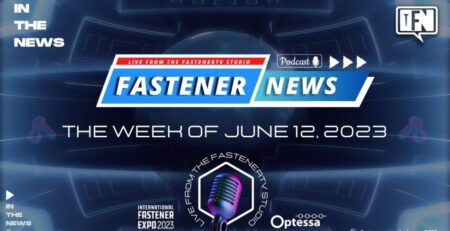
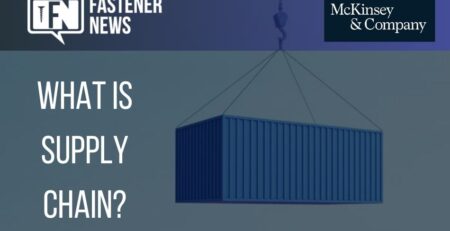
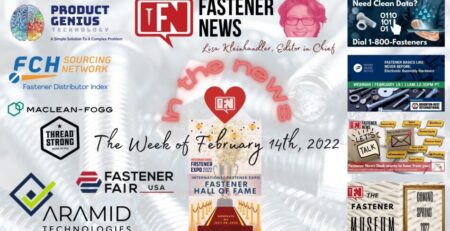



Leave a Reply